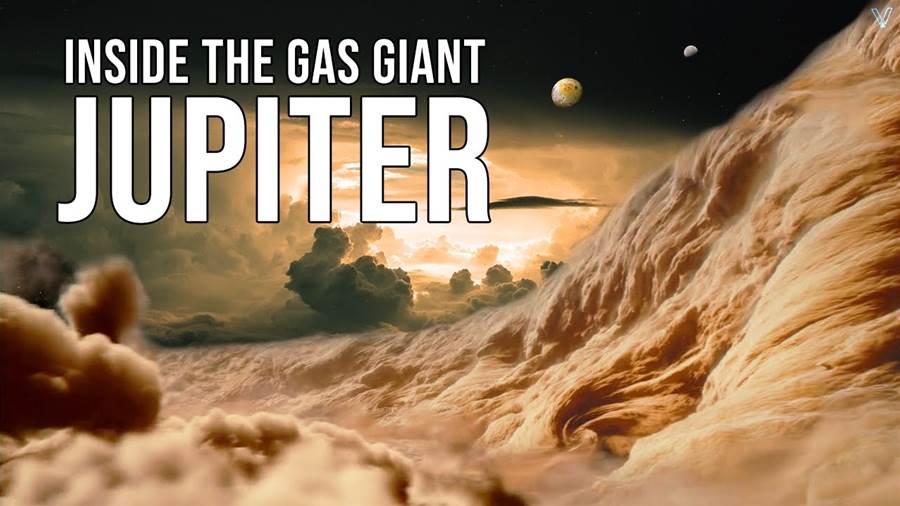
Scientists have made an astonishing discovery deep within the core of Jupiter, unveiling incredible secrets about the largest planet in our solar system. This groundbreaking exploration provides valuable insights into the mysterious nature of Jupiter and offers a deeper understanding of its composition.
Previous knowledge about Jupiter's core was largely limited to theories and speculation, as direct observations were challenging due to the planet's thick atmosphere and intense magnetic field. However, recent advancements in technology enabled scientists to delve into the heart of this giant gas planet.
Using data gathered by the Juno spacecraft, which has been in orbit around Jupiter since 2016, researchers have revealed that the planet's core is not as solid and compact as previously believed. Instead, it appears to be a diffuse and diluted mixture of elements, including hydrogen and helium. The core's composition is closer to a fuzzy, fluid-like state rather than a well-defined solid mass.
These findings have challenged the existing theories about Jupiter's core. According to one prevailing hypothesis, the core was thought to be a dense, solid ball of heavy metals. However, the new data collected by Juno suggests otherwise, indicating that the core is a more gaseous and indistinct entity.
The discovery raises intriguing questions about the formation and evolution of gas giants like Jupiter. It suggests that these planets might not possess a solid nucleus, as previously assumed, but instead have a core that gradually dissolves into the surrounding layers. Scientists believe that a gradual mixing of elements occurred during the planet's formation, leading to the blurring of the core's boundaries.
This new understanding of Jupiter's core also has implications for our knowledge of the solar system's formation. By studying gas giants and their internal structures, scientists can gain insight into the early stages of planetary formation and the mechanisms that shaped our own Earth.
The findings from Juno's mission have opened up a multitude of avenues for further research. Scientists are now eager to investigate the processes occurring deep within Jupiter and understand how they contribute to the planet's immense magnetic field and iconic atmospheric features, such as its swirling storms and bands.
In conclusion, the recent discovery made by scientists studying Jupiter's core has revolutionized our understanding of this magnificent planet. Jupiter's core is now believed to be a diffuse mixture of elements, challenging previous assumptions about its solidity. This investigation not only unravels the mysteries of Jupiter but also sheds light on the formation of gas giants and the early stages of planetary evolution. With this knowledge, scientists are poised to explore further and unravel the secrets that lie within the core of this mesmerizing gas giant.








